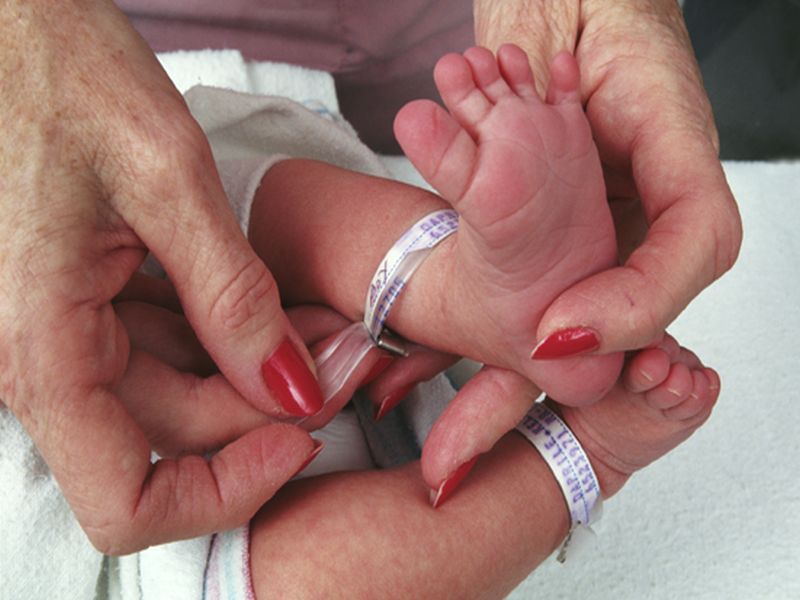Climate Change Could Bring More Infant Heart Defects: Study

WEDNESDAY, Jan. 30, 2019 (HealthDay News) -- Climate change could lead to more U.S. babies born with congenital heart defects, researchers say.
Specifically, they concluded that hotter temperatures may lead to as many as 7,000 additional cases between 2025 and 2035 in eight representative states: Arkansas, Texas, California, Iowa, North Carolina, Georgia, New York and Utah.
The Midwest, Northeast and South are forecast to experience the greatest percentage increases, according to the study published Jan. 30 in the Journal of the American Heart Association.
"Our findings underscore the alarming impact of climate change on human health and highlight the need for improved preparedness to deal the anticipated rise in a complex condition that often requires lifelong care and follow-up," study senior author Dr. Shao Lin said in a journal news release. Lin is a professor of public health at the University of Albany in New York.
She said it is important for clinicians to counsel women who are pregnant or planning to become pregnant on the importance of avoiding extreme heat -- especially three to eight weeks after conception, a critical time for fetal development.
While previous research linked heat exposure among pregnant women to heart defects in their newborns, the causes remain unclear. Animal studies suggest heat exposure may cause fetal cell death or interfere with some heat-sensitive proteins that are critical in fetal development, the study authors said.
For the new study, researchers used climate change forecasts from NASA and the Goddard Institute for Space Studies and data on how heat exposure during pregnancy affected the risk of congenital heart defects among babies born between 1997 and 2007.
Congenital heart problems are the most common birth defect in the United States, occurring in about 40,000 newborns each year, according to the U.S. Centers for Disease Control and Prevention.
"Our results highlight the dramatic ways in which climate change can affect human health and suggest that pediatric heart disease stemming from structural heart malformations may become an important consequence of rising temperatures," said lead author Dr. Wangjian Zhang. Zhang is a postdoctoral research fellow at the University of Albany.
More information
The U.S. National Heart, Lung and Blood Institute has more on congenital heart defects.

The news stories provided in Health News and our Health-E News Newsletter are a service of the nationally syndicated HealthDay® news and information company. Stories refer to national trends and breaking health news, and are not necessarily indicative of or always supported by our facility and providers. This information is provided for informational and educational purposes only, and is not intended to be a substitute for medical advice, diagnosis, or treatment.

